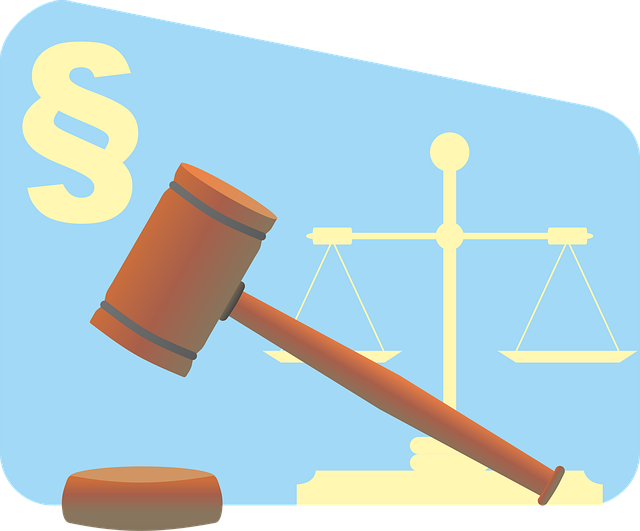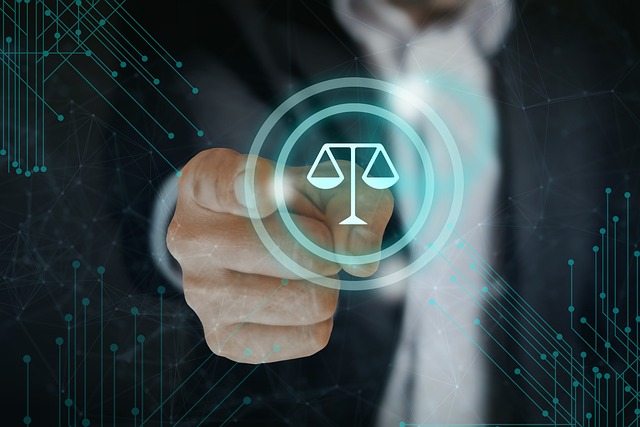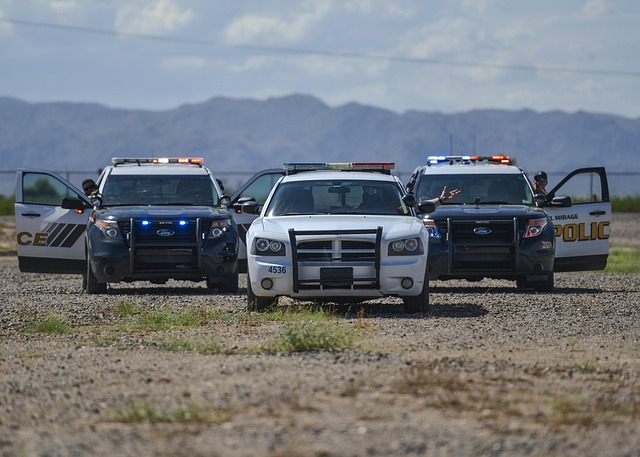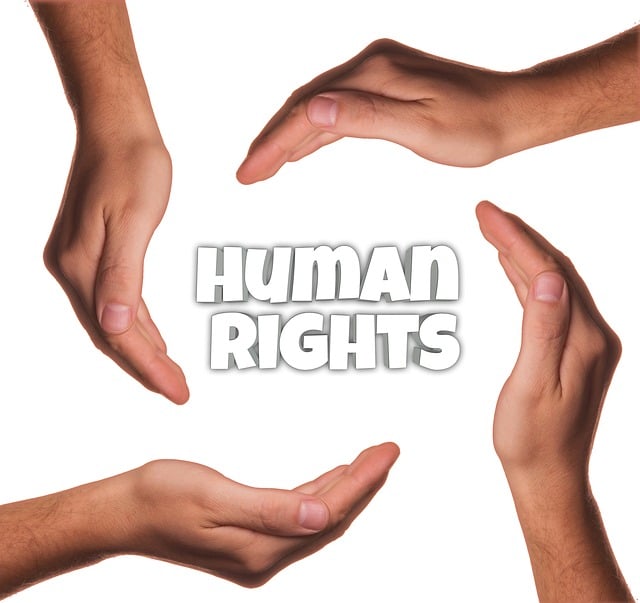Whistleblower Protection Laws safeguard individuals exposing organizational misconduct from retaliation. Understanding these laws is vital for legal professionals in criminal defense, especially white-collar cases. Wrongful convictions can be overturned through strategic legal approaches, robust evidence presentation, and meticulous argumentation. Steps to overturn a wrongful conviction include reviewing evidence, testimonies, and procedures, securing freedom for wrongfully accused individuals. A multi-pronged strategy, strategic planning, and legal expertise are crucial in navigating appeals and potential reversals, ensuring justice prevails.
Whistleblower protection lawsuits are crucial tools for individuals who expose illegal activities within organizations, risking their careers and freedom. This article guides you through essential aspects of these legal battles, from understanding whistleblower protection laws to navigating appeals. We explore key factors leading to unjust convictions and provide strategies to fight back. Learn steps to overturn a wrongful conviction, ensuring whistleblowers can stand up for justice without fear of retaliation.
- Understanding Whistleblower Protection Laws
- Identifying Unjust Convictions: Key Factors
- Legal Strategies to Fight Back
- Navigating Appeals and Potential Reversals
Understanding Whistleblower Protection Laws

Whistleblower Protection Laws (WPLs) are designed to safeguard individuals who expose illegal or unethical activities within their organizations from retaliation. These laws recognize that employees who come forward with information about corporate wrongdoings play a vital role in upholding public interest and ensuring accountability. Understanding WPLs is crucial for both whistleblowers and those involved in general criminal defense or white-collar defense across the country.
In cases where a whistleblower’s claims lead to a wrongful conviction, there are steps to overturn such a decision. This process often involves rigorous legal strategies tailored to the specifics of each case. By employing robust evidence, expert testimony, and meticulous legal arguments, attorneys can challenge the conviction, ensuring that justice is served without infringing upon the rights of either party. Across the country, successful navigation of these complex procedures has led to numerous reversals, highlighting the importance of well-informed legal defense in steps to overturn a wrongful conviction.
Identifying Unjust Convictions: Key Factors

Unjust convictions are a severe issue that demands careful examination. When individuals believe they have been wrongfully convicted, understanding the key factors involved in identifying these errors is crucial. The journey to overturning a wrongful conviction involves a meticulous process of reviewing evidence, testimony, and procedures. By taking these steps, legal teams can challenge the conviction and work towards securing freedom for those who may have been unfairly sentenced.
Identifying potential issues during all stages of the investigative and enforcement process is vital. This includes scrutinizing the collection and analysis of forensic evidence, evaluating witness testimonies, and assessing the integrity of law enforcement procedures. Often, errors or biases in these areas can lead to significant discrepancies, making a compelling case for a review. The philanthropic and political communities play a crucial role in supporting legal initiatives aimed at winning challenging defense verdicts, ensuring justice prevails.
Legal Strategies to Fight Back

When facing whistleblower protection lawsuits, which often involve high-stakes cases with complex legal landscapes, understanding strategic avenues to overturn a wrongful conviction is paramount. Legal experts recommend a multi-pronged approach that includes thorough documentation and evidence collection. This process involves meticulously documenting all interactions, preserving relevant communications, and gathering facts that support the whistleblower’s claims of unethical or illegal activities.
A crucial step in fighting back against such lawsuits is constructing a compelling narrative that aligns with the law. Lawyers specializing in these matters leverage their unprecedented track record to navigate through these challenges. They advocate for their corporate and individual clients by employing strategic legal arguments, leveraging precedent-setting cases, and ensuring adherence to strict procedural rules. This comprehensive strategy aims to protect whistleblowers’ rights while safeguarding against baseless allegations.
Navigating Appeals and Potential Reversals
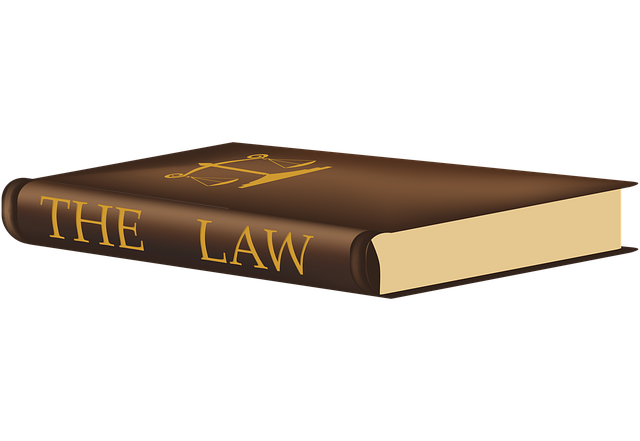
Navigating Appeals and Potential Reversals is a complex yet crucial step for individuals who have been wrongfully convicted and are seeking justice through whistleblower protection lawsuits. The process involves meticulous documentation, legal strategizing, and understanding the nuances of the law. Whistleblowers must meticulously compile evidence to prove their claims, demonstrating the circumstances leading to their revelation and subsequent retaliation or conviction.
The goal is often to overturn a wrongful conviction, which requires a comprehensive approach. This may involve presenting new evidence that was previously unavailable, challenging the admissibility of certain evidence, or arguing legal errors made during the initial trial. In high-stakes cases, where the respective business, philanthropic, and political communities are involved, the stakes are even higher. Therefore, it’s paramount to have a robust legal team dedicated to navigating these complexities and fighting for justice on behalf of the whistleblower.
Whistleblower protection lawsuits are instrumental in righting wrongs and ensuring justice. By understanding relevant laws, identifying key factors leading to unjust convictions, employing robust legal strategies, and navigating appeals with potential reversals, individuals can take significant steps to overturn wrongful convictions. These measures not only protect whistleblowers but also reinforce the integrity of the legal system.
